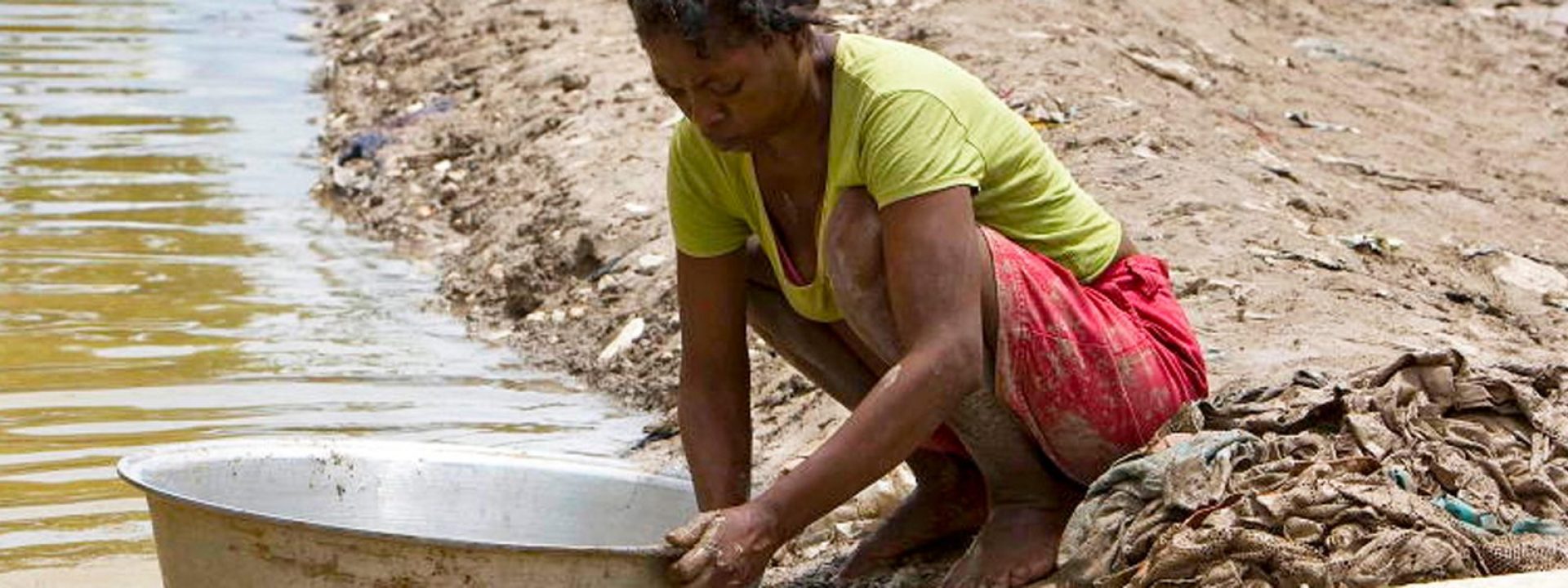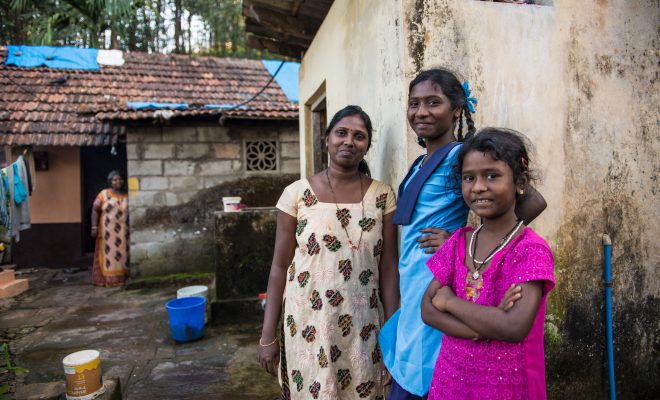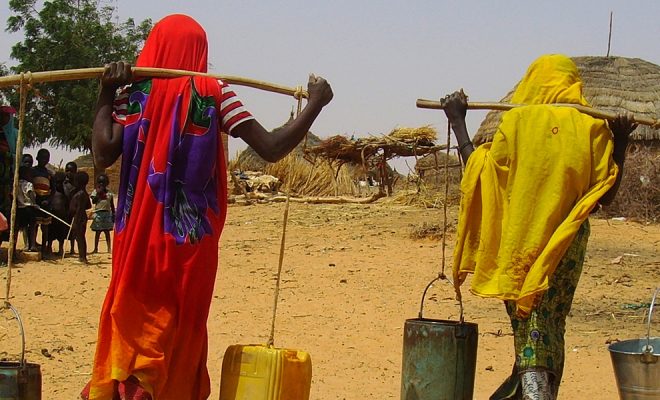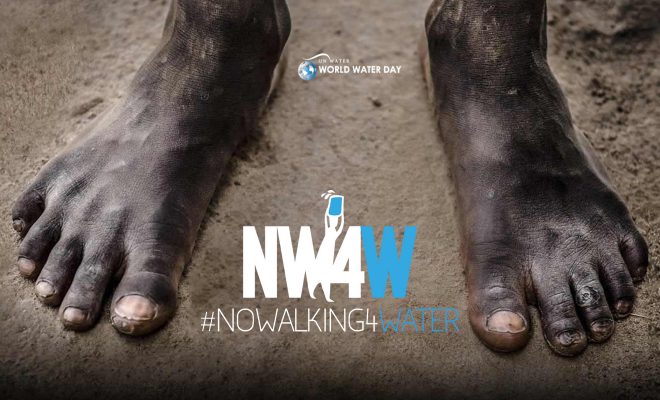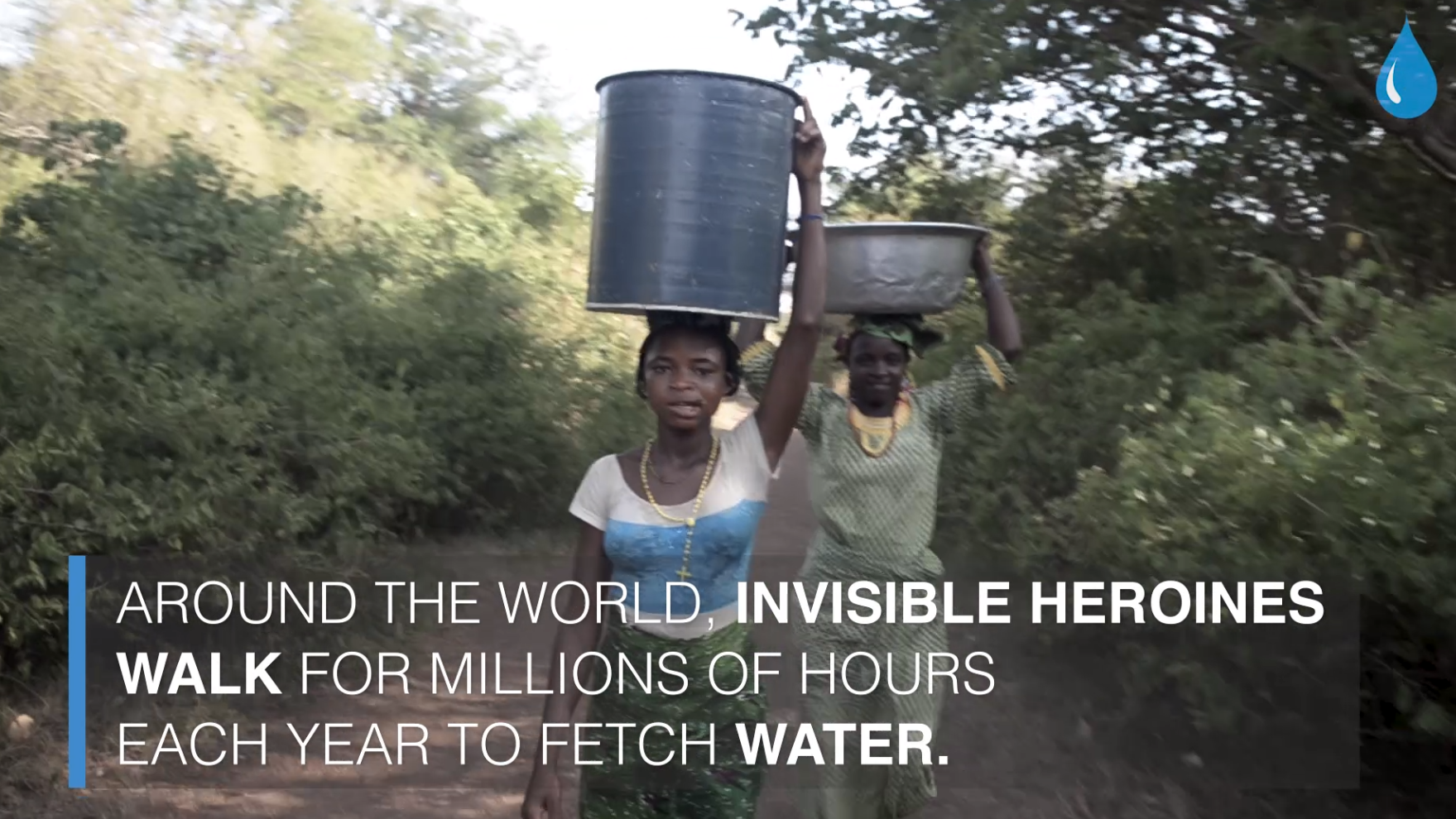
It is not possible to achieve equality and gender justice without water and sanitation. There are millions of women who do not enjoy this human right, which is essential for their survival and dignity. We do not know the exact figure, because they suffer yet another injustice: the statistical invisibility, many of them are not included in the censuses and therefore do not even have the right to denounce. It is essential to know more about their situation.
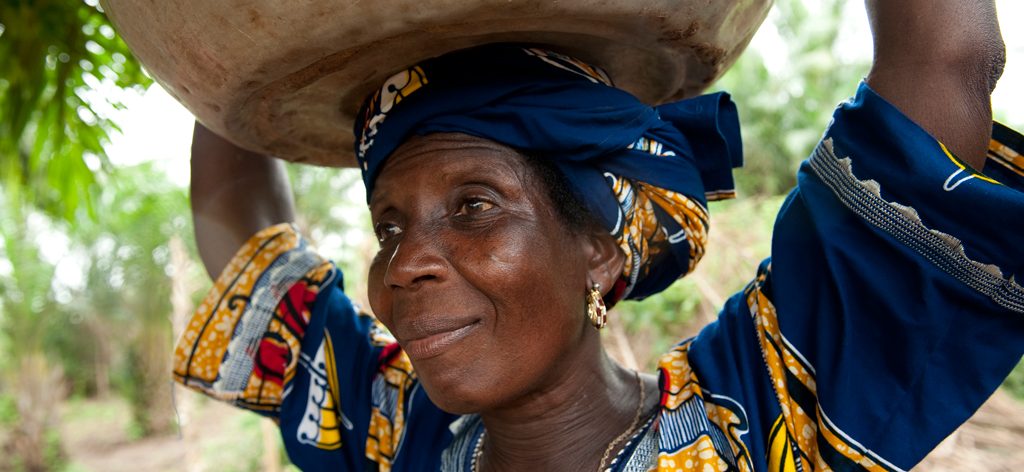
©World Bank Photo Collection
11% of the world population does not have access to a clean water source and generally women bear the brunt as they are obliged to walk for miles to fetch it. The average distance travelled by African or Asian women is 6 kilometres, and they do so while carrying 20-litre containers on their heads.
Only in Africa the time spent by women and girls searching for water exceeds 40 billion hours per year. These are hours lost for work, school, the household or the community. Wasted time that could have been spent in their personal development, in their health or future prospects.
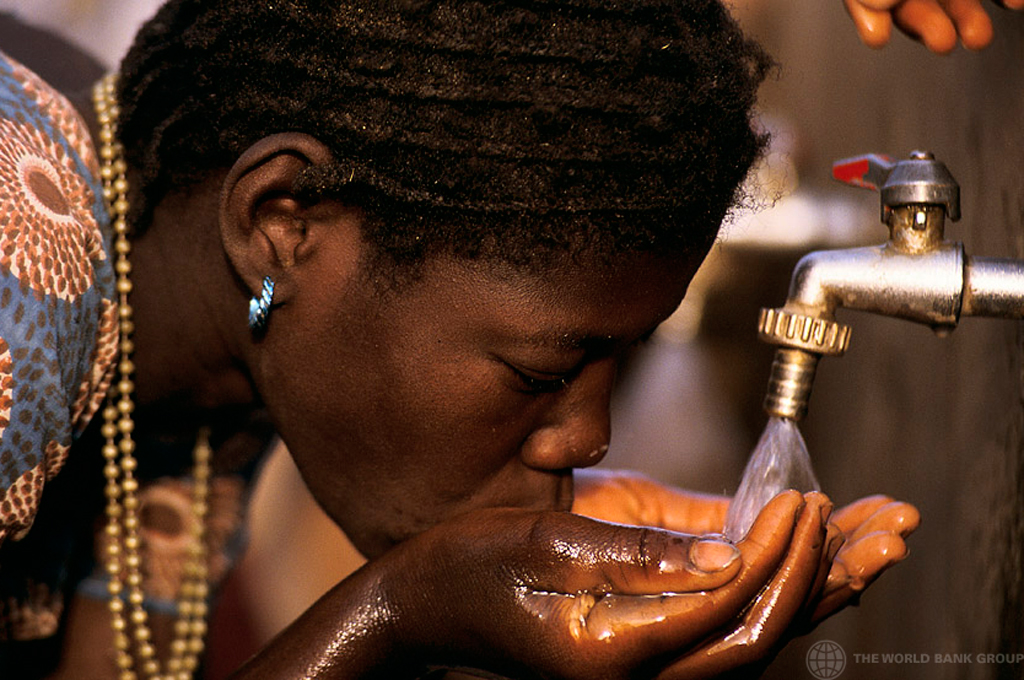
© Curt Carnemark / World Bank
Women need the privacy and safety of the latrines to avoid defecating in the open or having to wait until the night to relieve themselves, to avoid being sexually attacked and in order to be able to have intimate hygiene at school. They also need hygiene education to preserve their health. Millions of them still do not have it due to poverty and the cultural taboos that despise femininity and menstruation.
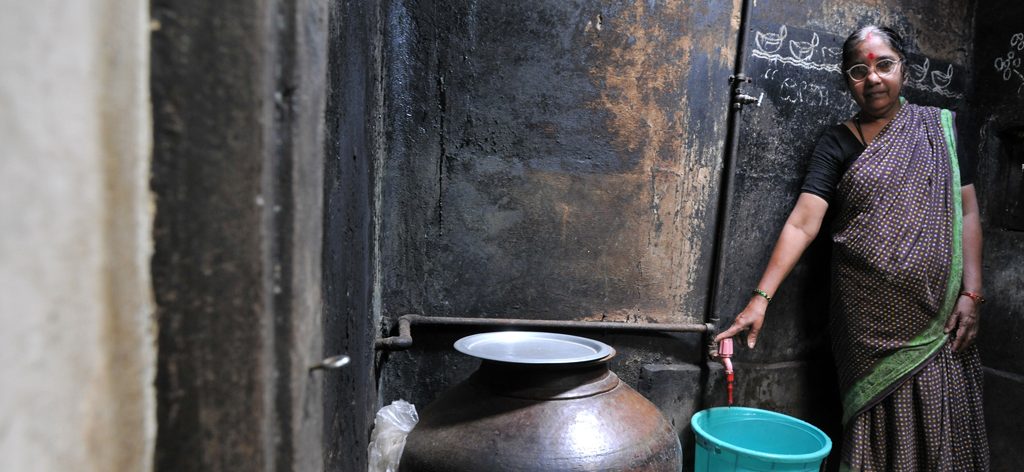
©Asian Development Bank
There is no gender equality without access to water and sanitation. If we do not attain the Sustainable Development Goal no. 6, we will not attain no. 5.
The Foundation with the International Women’s Day
This is one of the main objectives of the We Are Water Foundation. We promote the awareness campaign #NoWalking4Water to increase international awareness of this side of gender inequality.
We also work in India, collaborating in the great hydric and sanitation challenges this Asian country is facing, where the empowerment of women plays a key role to overcome the menace of climate change and to achieve a demographic balance.
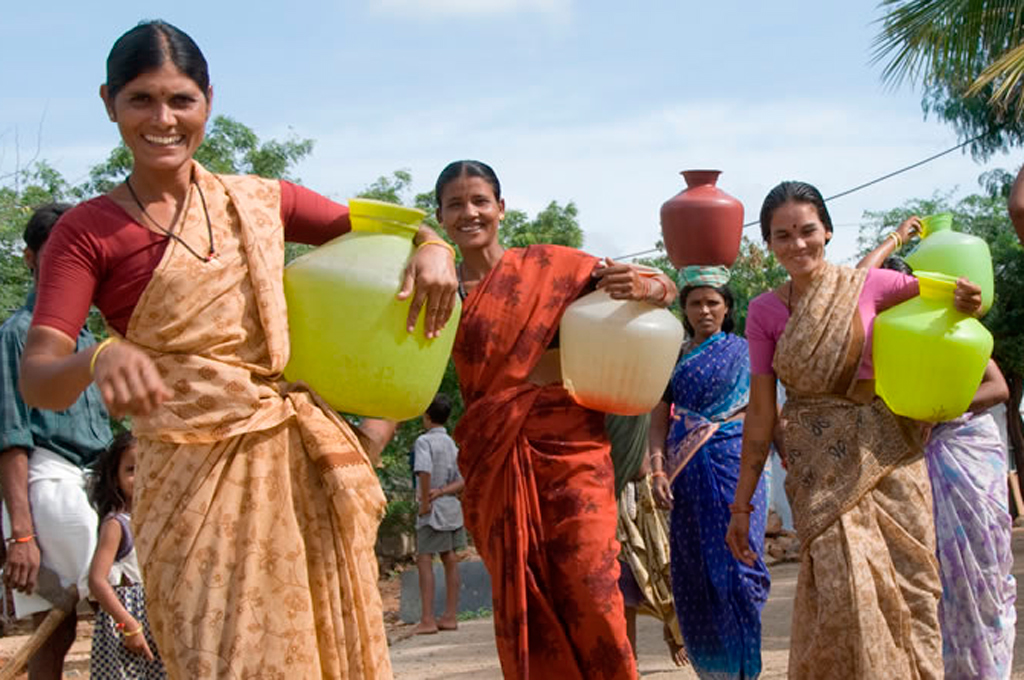
©Carlos Garriga/ We Are Water Foundation
After more than seven years developing relief projects in 21 countries, the We Are Water Foundation has gained extensive experience in the problems arising from the installation and use of latrines in the most deprived areas, and we are in charge of providing these communities with the knowledge and capacity to build them efficiently and adapted to their climate and culture.
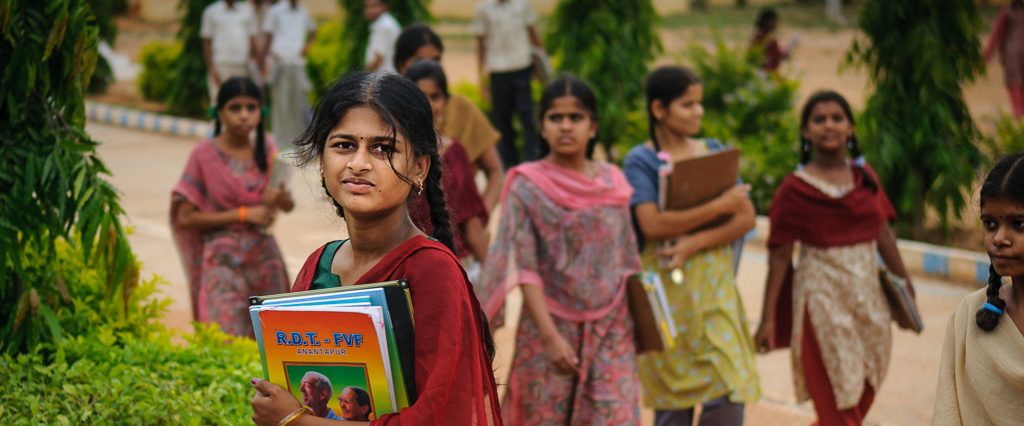
© Carlos Garriga/ Fundación We Are Water
In the International Women’s Day, the Foundation reaffirms its objectives of awareness and intervention to make the world advance while being aware that the right to water and sanitation is essential to attain gender equality.


